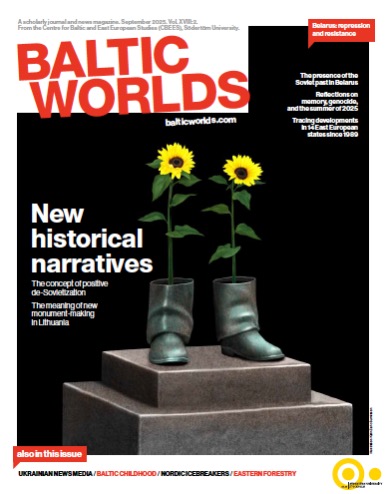The feminist people National and transnational articulations. The case of Argentina.
The purpose of this article is to analyze the processes followed by feminisms in Argentina, the demands and articulations that emerged and opened the possibility of a historical momentum in which these are at the center of the political scene. The author explores the existence — or not — of the articulations of identities that would embody the construction of counter-hegemonies based on demands around the expansion of rights, which allows the linking of the struggle of feminist movements with others.

 Issue 2025, 2:
Issue 2025, 2: